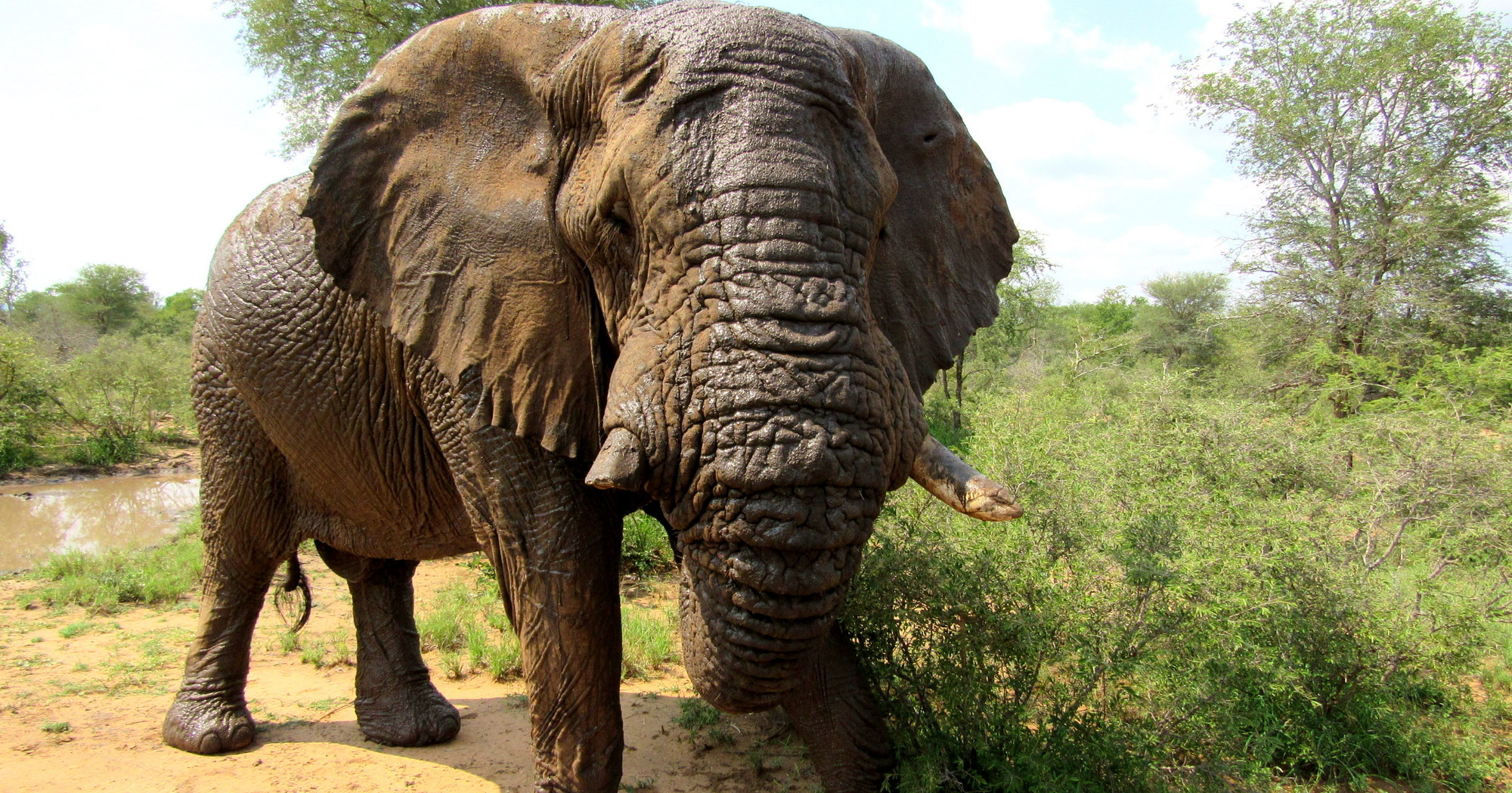By Judith Sibanda
The bull elephant that trampled to death an 81-year-old Deka woman is yet to be located, Zimbabwe Parks and Wildlife Management Authority (Zimparks) officials have confirmed.
Elizabeth Ngwenya was killed on Monday last week at around 8 am as she was walking to a nearby school, Lake Alice Primary School in Hwange district from her homestead.
Samson Chibaya the Zimparks Hwange cluster manager said rangers were still conducting the search as the elephant was now a danger to the community.
He said rangers were going to spot it through bloodstains on its body.
“The report that we got was that this bull was moving alone and they tend to have a solitary behaviour which leads them to become violent after being chased away by their families,” said Chibaya.
“It will be angry and might attack again, but unfortunately when the incident happened the report was given to Lupane Rural District Council who is mandated as an appropriate authority to react to any human-wildlife conflict but, the report was not immediately done and the elephant has already gone back to the forest.
“We have quite a number of elephants in those areas so which means that practically it might not be possible to locate it.”
Villagers who guarded Ngwenya’s remains said they had spotted it drinking at Lake Alice dam before rangers arrived, but they could not track it as it continuously threatened to charge at them.
Chibaya said what made it impossible to locate the elephant was its migratory trends and habitat.
He urged community members to always report to relevant authorities whenever they spot stray elephants or any other dangerous animal.
“We are carrying our awareness campaigns to these communities that they should avoid areas that are too thick (bush) where they cannot see what’s behind them and also to keep a note on anything which they suspect to be spoors because that will mean that an animal has strayed to their communities.”
Zimparks Director-General Fulton Mankwanya said when such problem elephants are put down, the meat is brought back to the affected communities.
He said Zimparks only takes the tusks and the skin.

